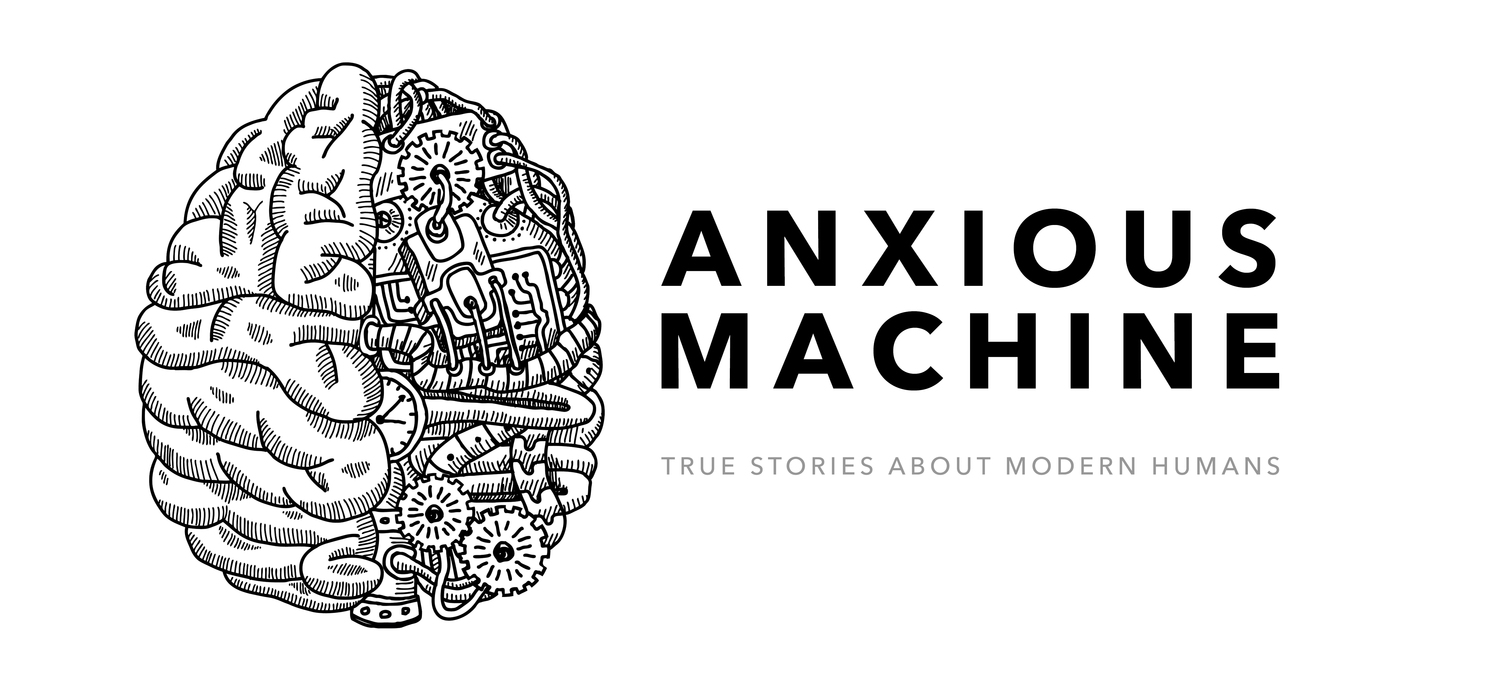I just hit publish on the latest episode of my podcast, which marks the end of my show’s first season. The second season of the show is in the works (along with some exciting developments), but for now, I just want to sit back and survey this renaissance of podcasting.
In 2008, I was working for the public radio show that would become On Being, but I wasn’t happy. My job was primarily technical, not creative. I booked guests, did research, wrote promos, fact-checked, proofread scripts, and occasionally cut tape. What I really wanted was to make radio stories of my own, and I started to, on a freelance basis, for a show called Weekend America.
But then the economy crashed. Weekend America got canceled just before Christmas, so I no longer had a show I wanted to work for. I wound up quitting my job that spring and taking a new job teaching writing. I hoped I’d be able to do some freelance radio on the side, but the freelance market had largely dried up. So I sold all my radio equipment and gave up on the medium.
I knew about podcasting at the time. But aside from podcast versions of radio shows, most podcasts were just guys sitting around talking. At best, podcasting consisted of long form interviews. At worst, it consisted of meandering panel discussions. That wasn’t the kind of radio I wanted to make. I wanted to tell stories.
But then I heard 99% Invisible, Love + Radio, The Longest Shortest Time, and Criminal. These were the shows that started me thinking about getting back into radio. I realized that in order to create a great show, you just needed to find your singular vision, and then use that vision to tell one beautifully-crafted story after another.
We’re now living in a golden age of such shows. Of course, there’s the recent favorites like Serial, Startup, Reply All, Death, Sex, and Money, Strangers, and The Heart, but there’s also independent shows like How Sound, Pitch, Song Exploder, The Memory Palace, Home of the Brave, and newer shows like Neighbors, Arrvls, Nocturne, and First Day Back. Each of these shows has their own unique vision, and each is bringing new voices and new perspectives to light.
All of this is why a recent essay in The Timbre (a publication I read avidly and have even written for), gave me pause. The overall argument of the essay is that more podcasts should try to follow the model of shows like Serial, telling a single story week to week, rather than a new standalone episode each week. That makes sense. But the part that hit close to home for me was the following passage:
The problem is that every other podcast imitates This American Life in creating a character-driven, sometimes newsworthy, sometimes human-interest segment or two of nonfiction radio. They often don’t do it as well, but the influence is stark. What seems to work for inspiration for new shows is pretty obvious: lay claim to some small, unoccupied piece of turf and do it exactly how TAL would do it, only shorter in length….The problem with copying TAL is that they are usually going to be better than you at their brand of radio.
My first thought upon reading that was, “Shit, that’s me. I’m trying to create the TAL of technology podcasts. I’m just a knockoff.”
But the more I think about it, the more I think that’s just fine. This American Life didn’t narrow the definition of non-fiction radio, they broadened it. There isn’t one type of TAL story, there are dozens. And while they’ve done their best to find a diverse set of voices to tell their stories, there’s a world of content out there they won’t have time to explore in their one hour of radio a week.
What podcasting offers, not unlike blogging before it, is the ability for every radio reporter, every audio storyteller, to decide that they don’t have to sell their stories before they make them. If their stories are good enough, and especially of they have a singular vision, those stories can stand on their own. Of course, this has been true since the dawn of podcasting. What's new is that there's now a sizable chunk of people willing to listen.
When I left radio in 2008, it was because no one would pay me to make the kinds of stories I wanted to make. Now I’m just making them, and it’s some of the most rewarding work I’ve ever done in my life.
And people are listening. And that’s amazing.
